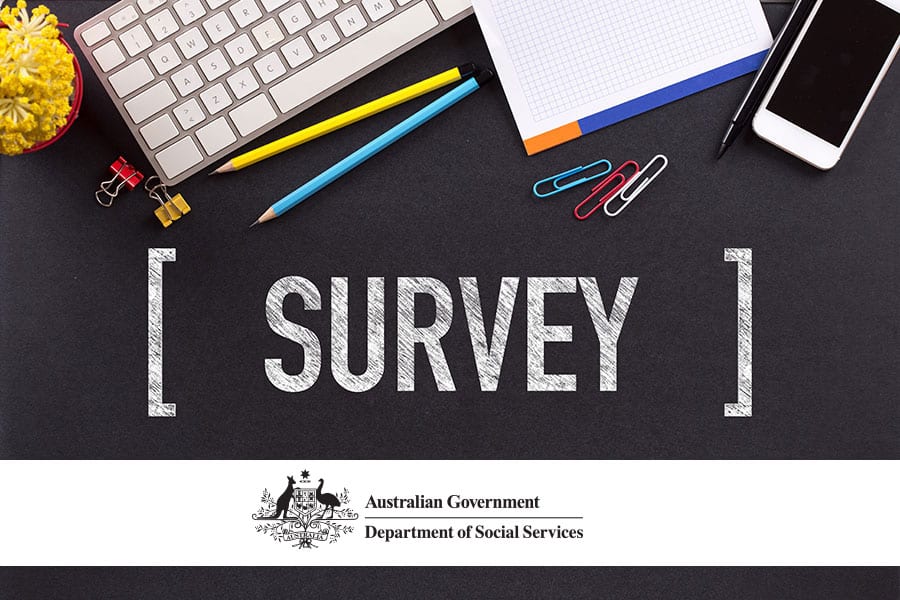Synapse Australia welcomes the Federal Government’s release of the draft Terms of Reference for a proposed Royal Commission into the violence, abuse, neglect and exploitation of people with disability.
Synapse Australia CEO, Associate Professor Jennifer Cullen said, “We are extremely pleased to hear this announcement. The proposed Royal Commission will provide the opportunity for people with a disability to voice their experiences and for organisations, government and communities to develop strategies to better protect people with disability.”
The Royal Commission will likely cover all forms of violence, abuse, neglect and exploitation of people with disability, in all settings, however, the exact scope of the Royal Commission will be determined by its Terms of Reference.
“4.3 million Australians have a disability, so the Royal Commission remit will have to be wide-ranging,” said Associate Professor Cullen. “We are pleased by the inclusiveness of the draft Terms of Reference so far and that cognitive impairment, as well as physical, sensory, intellectual and psycho-social disability have been included.”
The Government will seek the Governor-General’s approval to establish a Royal Commission after the public consultation is completed. The consultation process includes a survey to gather feedback to prompt considerations.
“The consultation period is around two and a half weeks, so we encourage people to provide their input and complete the survey as soon as they can,” said Associate Professor Cullen.
Have your say
People with disability, and other stakeholders, have the chance to provide feedback on draft Terms of Reference for a Royal Commission into Violence, Abuse, Neglect and Exploitation of People with Disability.
The consultation does not seek specific information on cases of abuse or violence and concludes 28 March 2019.
The current draft Terms of Reference broadly cover:
What governments, institutions and the community should do to prevent, and better protect, people with a disability.
What governments, institutions and the community should do to achieve best practice to prevent and respond to violence, abuse, neglect and exploitation.
What should be done to promote a more inclusive society which supports the independence of people with disability and their right to live free from violence, abuse, neglect and exploitation.
You can have your say on the Terms of Reference by completing the public survey here. This website is fully accessible and includes an Easy English guide and Auslan video.
If you need help to complete the survey, contact the Survey Hotline on 1800 880 052 Monday to Friday from 9am to 7pm AEST. You can also contact Synapse at [email protected] or 1800 673 074 for support and advice.



